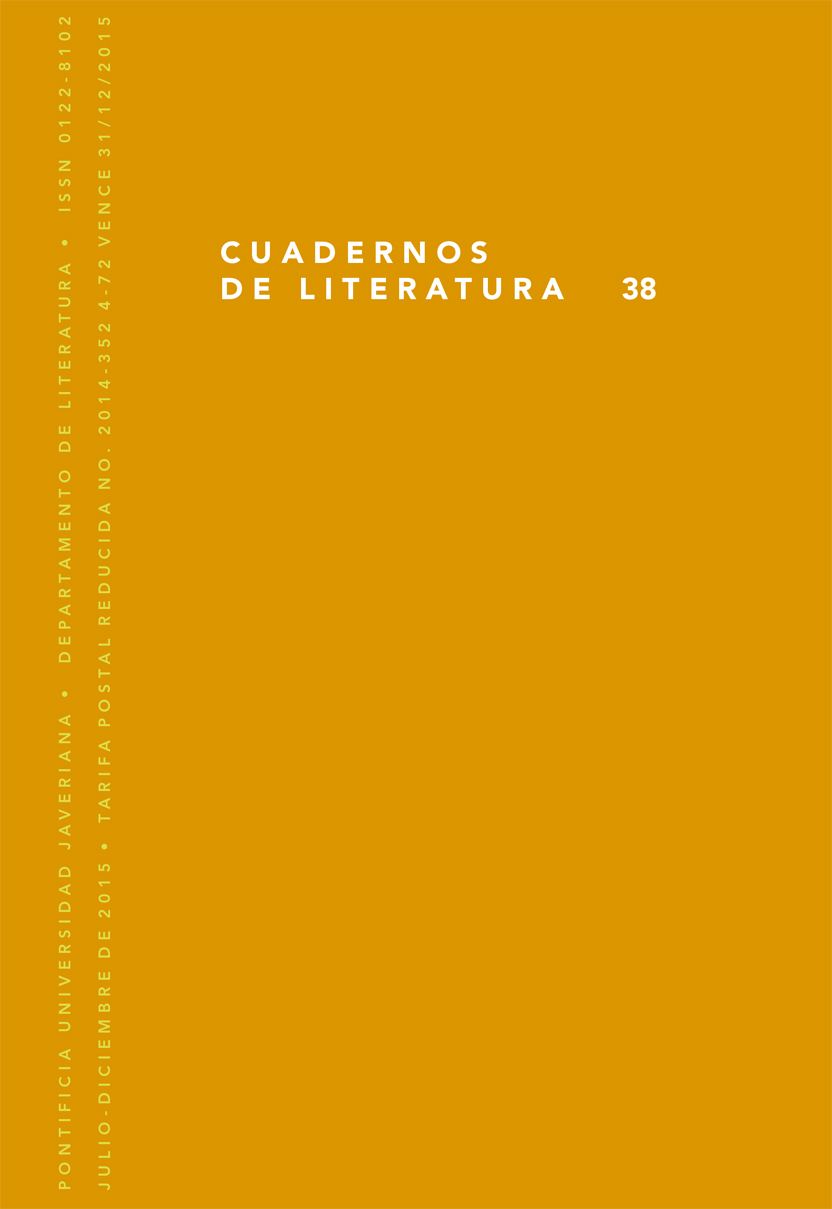Abstract
La primera sección de este artículo recupera y analiza tanto el clima académico como la estructura de sentimientos emergentes en la última década del siglo XX que contribuyeron a la expansión de los estudios sobre la afroargentinidad hasta el momento presente. En la segunda parte apunto a la lógica negadora, fundamental para el principio constructivo del imaginario de la identidad nacional argentina y ejemplifico su aplicación en el mismo nombre del país. Destaco el valor de los capitales simbólicos perdidos con una de las primeras grandes figuras históricas de la tradición borrada (Joaquín Lenzina) y con una de las últimas (Gabino Ezeiza).
Cuadernos de Literatura is registered under a Creative Commons Attribution 4.0 International Public License. Thus, this work may be reproduced, distributed, and publicly shared in digital format, as long as the names of the authors and Pontificia Universidad Javeriana are acknowledged. Others are allowed to quote, adapt, transform, auto-archive, republish, and create based on this material, for any purpose (even commercial ones), provided the authorship is duly acknowledged, a link to the original work is provided, and it is specified if changes have been made. Pontificia Universidad Javeriana does not hold the rights of published works and the authors are solely responsible for the contents of their works; they keep the moral, intellectual, privacy, and publicity rights.
Approving the intervention of the work (review, copy-editing, translation, layout) and the following outreach, are granted through an use license and not through an assignment of rights. This means the journal and Pontificia Universidad Javeriana cannot be held responsible for any ethical malpractice by the authors. As a consequence of the protection granted by the use license, the journal is not required to publish recantations or modify information already published, unless the errata stems from the editorial management process. Publishing contents in this journal does not generate royalties for contributors.


